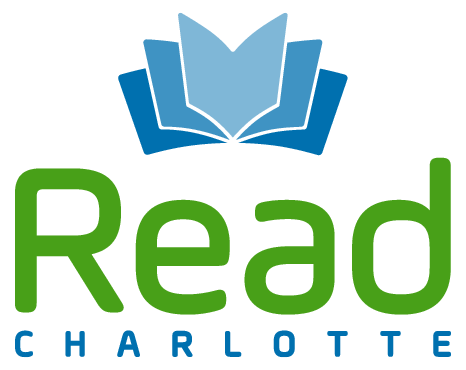Our community using
evidence-based insights
from experimental studies
on teaching reading – what
works, what doesn’t, for
whom, and by how much.
Our community working
together to improve outcomes
at two key leverage points –
reading skills at school entry
and the end of first grade –
that greatly affect the odds of
success in third grade.
We also must work together to
stop summer reading loss.
Our community focusing
on both sides of the
“science of reading” – the
science of learning to
read and the science of
teaching reading.
Our community creating
system change: shared
ownership of goals,
awareness and urgency
to improve early literacy,
cross-sector partnerships,
aligned resources, and shared
commitment to continuous
improvement.
